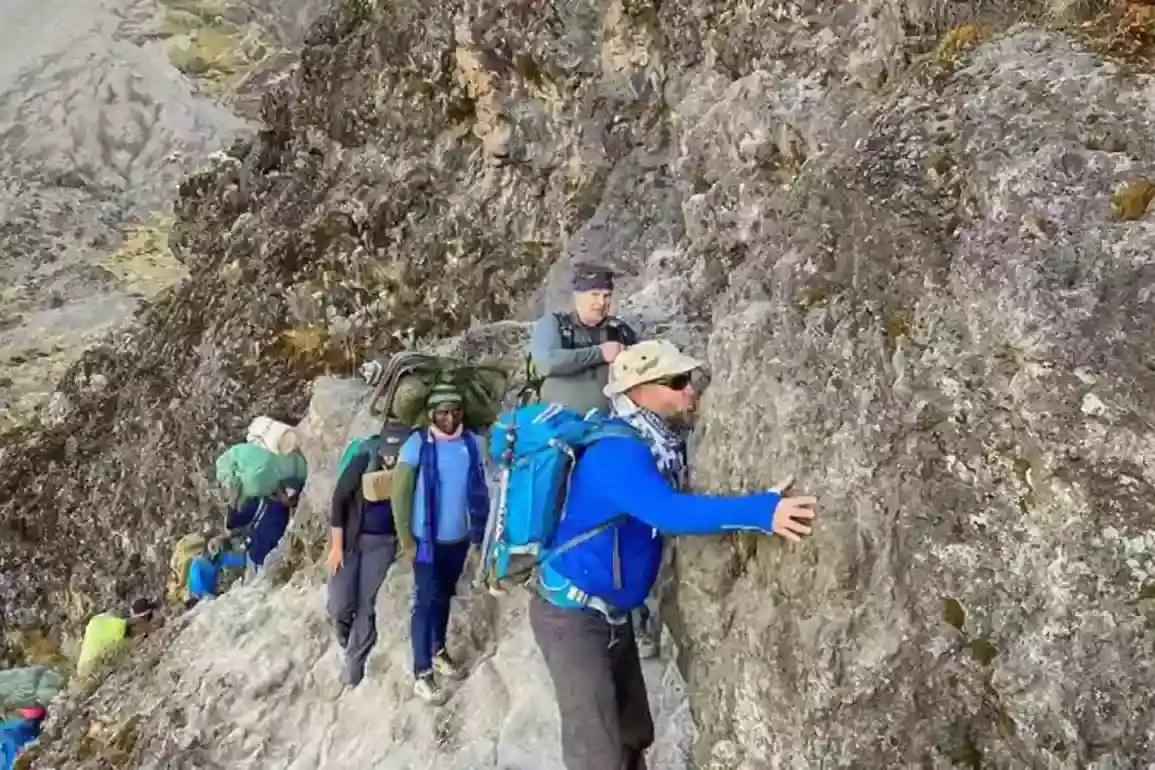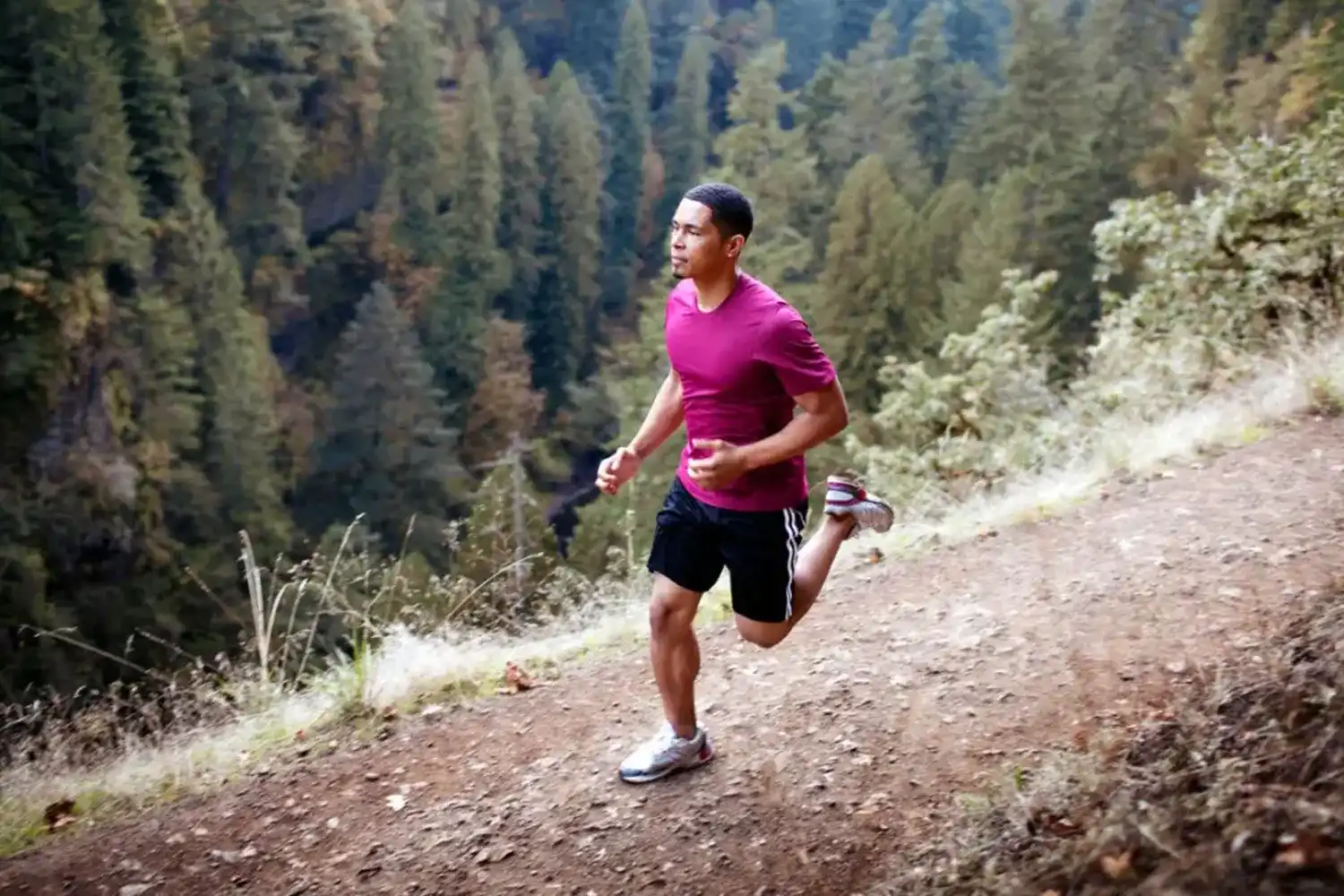Why is Training Important for Climbing Mount Kilimanjaro?
Training is essential for climbing Mount Kilimanjaro for several reasons. First and foremost, the altitude and steep terrain pose physical challenges that demand endurance, strength, and cardiovascular fitness. Training prepares your body to cope with the physical demands of the climb and reduces the risk of altitude sickness. Additionally, training improves your mental resilience and helps you develop the necessary skills and techniques for climbing and trekking at high altitudes.

Training prepares your body to cope with the physical demands of the climb and reduces the risk of altitude sickness. Additionally, training improves your mental resilience and helps you develop the necessary skills and techniques for climbing and trekking at high altitudes
Kilimanjaro Climbing training program
To train successfully for Mount Kilimanjaro, it is crucial to follow an organized training program that focuses on various aspects of fitness. Here's a complete training program that will help you prepare for the climb:
Cardiovascular Training
Cardiovascular fitness is principal for climbing Mount Kilimanjaro. Engage in aerobic exercises such as running, cycling, swimming, or brisk walking to improve your cardiovascular endurance. Aim for at least 30 minutes of moderate-intensity cardio exercises five times a week. Gradually increase the intensity and length of your workouts to build stamina.
Strength Training
Combine strength training exercises into yourKilimanjaro climbing training program to build muscle strength and endurance. Focus on exercises that target your legs, core, and upper body. Squats, lunges, deadlifts, push-ups, and planks are excellent exercises to include in your routine. Aim for two to three strength training sessions per week, allowing for adequate rest and recovery.
Hiking and Trekking
To simulate the conditions of climbing Mount Kilimanjaro, engage in consistent hiking and trekking activities. Start with shorter hikes and gradually increase the difficulty and duration over time. Combine uphill and downhill hikes to prepare your muscles for the terrain you will come across on the mountain. Hiking with a backpack will also help you get adapted to carrying the essential gear.

Altitude Training
Mount Kilimanjaro's high altitude is one of the most challenging parts of the climb. Consider combining altitude training into your program to acclimatize your body to the decreased oxygen levels at higher altitudes. Altitude training can be done through various methods, such as sleeping in a high-altitude tent or visiting high-altitude destinations for short periods. Consult with a professional trainer or doctor before trying altitude training.
Mental Preparation
Mental strength is crucial for successfully climbing Mount Kilimanjaro. Develop mental resilience by practicing meditation, visualization, and positive affirmations. Build your mental stamina by gradually increasing the duration of your training sessions and pushing through fatigue. Practice staying focused and inspired during challenging climbs to prepare yourself for the mental demands of the trek.

